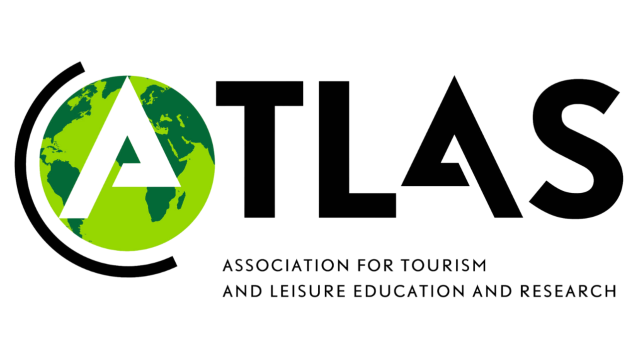Dark Tourism
ATLAS Special Interest Group
Dark Tourism
Coordinator:
Konstantina Zerva – University of Girona, Spain
Dark tourism as a subset of heritage tourism (Mionel, 2019) represents ‘the act of travel to sites associated with death, suffering and the seemingly macabre’ (Stone, 2006, p. 146), disguised under similar terms such as favela tourism (Robb, 2009), prison tourism (Strange & Kempa, 2003), slum tourism (Frenzel & Koens, 2012), post-disaster tourism (Martini & Buda, 2018), or paranormal tourism (Pharino, Pearce, & Pryce, 2018), to name a few. It represents a tourism typology that has been the subject of significant debate since its inception due to its moral standing in society (Seaton 2009; Stone, 2009; Stone & Sharpley, 2014), the conversion of suffering spaces into theme parks, and the general public display of death and darkness as tourist attractions. On the other hand, it has been used as a peace paradigm between North and South Korea (Lee, Lawerence, Bendle, & Kim, 2011), or as a commodification of remembrance, reintroducing death to the public eye and neutralizing it on a social level (Sharpley & Stone, 2009). This indicates that dark tourism, as any form of expression, enhances meaning based on the motivations of the people who practice it. On that level, many studies have been conducted to understand the motivational spectrum of dark tourists (Gillen, 2018; Iliev, 2020; Le & Pearce, 2011; Light, 2017; Stone, 2006), the typology of places they can visit ranging from real dark experiences to simulations (Jamal & Lelo, 2011; Stone, 2013), the role of intermediators and guides within a dark experience (Zerva, 2021), and the impact of entertainment media from the point of demand creation, for example the popular HBO series Chernobyl, to the enjoyment of the experience itself through virtual reality (Handayani and Korstanje, 2018). In summary, the role of dark tourism in recent times involves a complex interplay of reflection, education, economic considerations, and ethical concerns. As the world navigates through the aftermath of significant events, the way dark tourism is perceived and engaged with may continue to evolve.
Under this scope, this Special Interest Group’s main objectives are:
- Foster collaboration among researchers and scholars interested in dark tourism by facilitating joint research projects, interdisciplinary studies, and information sharing.
- Encourage co-authored publications and research papers among members.
- Facilitate international exchange and cooperation to promote a global perspective on dark tourism and encourage cross-cultural understanding.
- Organize academic conferences, workshops and webinars that focus on dark tourism research and provide a space for idea exchange, discussion, and debate.
- Encourage student involvement and interest in dark tourism by offering mentorship programs for students pursuing research in the field.
Annual review of activities 2024
In late 2023, the ATLAS board members officially endorsed the reactivation of the Special Interest Group (SIG) on Dark Tourism. This SIG is planning its academic activities for 2024 with the collaboration of experts on the subject of dark tourism, such as professor Philip Stone from the University of Central Lancashire and professor Maximiliano Korstanje from the University of Palermo.
At the upcoming ATLAS Annual Conference in June 2024 in Breda, a dedicated Special Track on Dark Tourism will take place, followed by the formal relaunch of the SIG. Recognizing the short notice of the SIG’s revival, we are mindful of the limitation on participant numbers. Nevertheless, our primary objective for future initiatives is to expand both the reach and engagement of the SIG.
Beyond the Special Track at the ATLAS Conference, additional academic activities are already in the pipeline for 2024. These include the organization of a webinar focused on dark tourism and the establishment of an online platform for ongoing discourse on the evolution of this field within academia. We are particularly keen on fostering active involvement and collaboration among PhD candidates and academics in the field.
